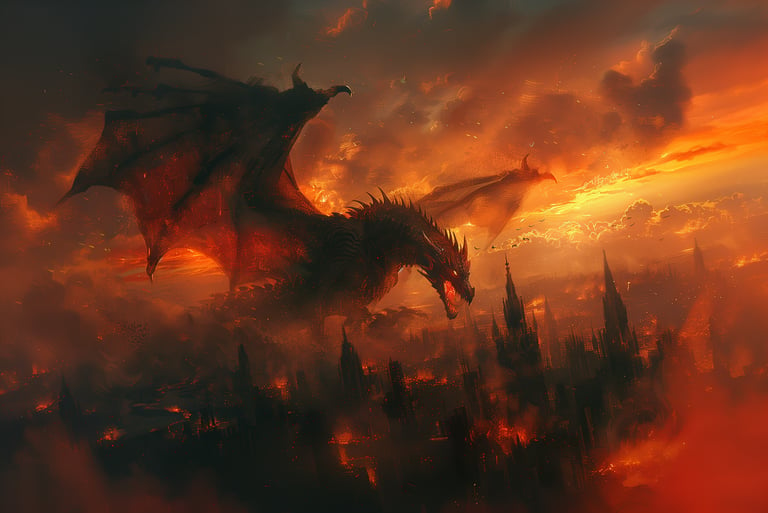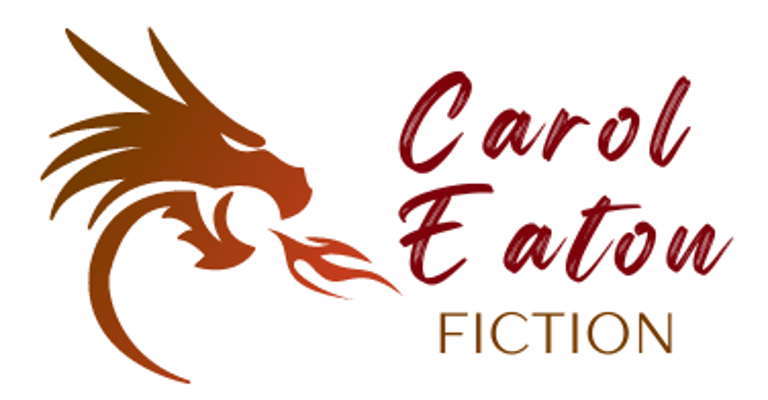The strange genre called speculative fiction
August 2024
Most literary genres sound familiar. Romance, mysteries, and thrillers, for example, need little explanation. The term speculative fiction, on the other hand, can baffle people.
Maybe one reason certain book genres tend to be well-known has to do with their origin stories. Take romance. Tales of boy meets girl and courtships have been around since ancient Greece, but the more modern take on the romance novel traces back to the likes of Jane Austin and Charlotte Brontë hundreds of years ago. According to the New York Public Library:
The heroines of these novels eventually found the loves of their lives and ended the novels secure and happy. Any development of a romantic relationship between two (or more) people—as well as an ending that was emotionally satisfying (usually happy but not always)—became the two core guidelines that romance novels follow to this day. The term "Happily Ever After" or HEA has become an industry standard regarding how a modern romance novel is supposed to end. (source)
In more recent times, films have institutionalized this formula in the popular and ubiquitous rom-com. With that kind of track record, anyone who doesn’t recognize the romance genre must be living under a rock. Indeed, the category tops the industry in total market share for U.S. book sales:
Romance is the most popular with 23%
Mystery and thrillers account for 19%
Science fiction and fantasy genres combined make up 15%
Young adult fiction reaches 11% (source)
In contrast, speculative fiction is a much newer animal and not nearly as well known. Coined in the 1940s about a very specific kind of science fiction, the term has come to mean a "fuzzy” category of genres that all depart from reality in some fashion, from "fantasy, science fiction, and horror to … gothic, dystopia, zombie, vampire and post-apocalyptic fiction, ghost stories, weird fiction, superhero tales, alternate history, steampunk, slipstream, magic realism, retold or fractured fairy tales, and many more.” (source)
The breadth of this genre alone contributes to its lack of a clear identity. While most romance readers can comfortably cross sub-genres like contemporary romance to romantic comedy, speculative fiction fans may adore sci-fi but avoid zombies like the plague.
On my writing journey, I’ve dabbled in vampire tales, dystopian young adult, as well as both high fantasy and urban fantasy sub-genres. What’s the appeal? Speculative fiction has to be the most creative, fun, inspiring, and surprising world a writer can build for unsuspecting readers to uncover. Who doesn’t need a little magic in their lives?


